Eastern Europe is the graveyard of empires. Rome failed on the Danube, Napoleon on the Dnieper. The epic struggle between the empires of Austria, Russia and Turkey in the first world war ended with the destruction of all three and the fragmentation of eastern Europe, giving rise to the word ‘Balkanisation’. Driving through the Balkans today, I am continually reminded that history has no full stops. Every empire leaves its ghosts to haunt its successors.
Vienna, like London, is an imperial city without an empire. The ethnic antagonisms of the Balkans, which provoked the first world war, survived to divide Yugoslavia in the second and then destroy it in the 1990s. The region still wears the robes of the past. On monumental gateways, distance tables carved in stone still show the route to the old imperial capital. In Ljubljana, the mansions of the Austrian nobility and grand public buildings are instantly recognisable from the days when it was the Habsburg city of Laibach. More than a thousand mosques built by the Ottoman Turks survive in Bosnia-Herzegovina. Along the Adriatic coast, the lion of St Mark smiles down at us from castles, city gates and town halls built by the predatory empire of Venice. Even the short-lived communist despotisms have left their calling card in the shape of brutal concrete office blocks and bleak housing developments which look as if they will last forever. Empires leave behind them an enigmatic Cheshire Cat smile. They rarely vanish into the sand like the kingdoms of Shelley’s ‘Ozymandias’.
In intensely Catholic Croatia, the vast majority of cohabiting couples do actually get married. The divorce rate is rising, but is still low. Marriage is not just celebrated, it is a public affair. The boozing begins in the early afternoon, when the groom’s guests gather in their glad rags at his home and the bride’s at hers. The two groups process to a public square near the church. More boozing. Then they march off in procession to the church for the service, and back to the square for yet more boozing. A big dinner follows with more drink and loud merriment into the early hours. One touch, which would be regarded as poor taste in England, is a strong patriotic element which brings to these occasions something of the atmosphere of Last Night of the Proms. There is mass rendering of patriotic songs, led by a band, while large Croatian flags are unfurled and waved.
These public displays of patriotism tell us a great deal about this region rich in traditions and conscious of a tragic past. Apart from Serbia, the countries of eastern Europe are fragments of the three great European empires, cast adrift upon their dissolution in 1918. Their distinct identities were diluted after the first world war by being incorporated into more or less artificial combinations like Czechoslovakia and Yugoslavia, and again after the second when most of them were subsumed into Russia’s new east European empire and became monochrome communist states. They broke free in the 1990s, within the memory of most of those alive today. Everywhere you sense the pride of nationhood that only a new nation state can show. They thrive on heroic, semi-fictional images of a pre-imperial past, dominated by ancient national heroes like King Tomislav of Croatia, the pre-Ottoman Tsar Dusan of Serbia and Good King Matjaz of Carinthia (part of modern Slovenia).
People grumble about the EU. For some of them, it has proved to be a mixed blessing. Croatia has seen some of its best native talent emigrate, taking advantage of the free-movement rules. Others, like Slovenia, have seized the opportunities of the developed world’s largest single market with both hands. But the overriding factor is that the EU has made statehood economically viable for small nations, even if they have only a weak voice in Brussels. The Union is repairing the broken continent after a century of war and ideological division. For all the grumbling, few want to leave. Serbia, Montenegro, North Macedonia, Albania and Bosnia-Herzegovina and Ukraine are queuing up to join.
For an Englishman travelling at the opposite end of the continent in the aftermath of Brexit, the experience of these countries provokes sobering reflections. Britain is different. It is neither a small country nor a new one. It was also a large net contributor to the EU budget. But whatever one may think of the grubby internal politics and unworthy bossiness of the EU’s institutions, we have not only done ourselves much economic damage by leaving it, but elected to stand aside from our continent’s grandest and most inspiring project.
Got something to add? Join the discussion and comment below.
Get 10 issues for just $10
Subscribe to The Spectator Australia today for the next 10 magazine issues, plus full online access, for just $10.
You might disagree with half of it, but you’ll enjoy reading all of it. Try your first month for free, then just $2 a week for the remainder of your first year.

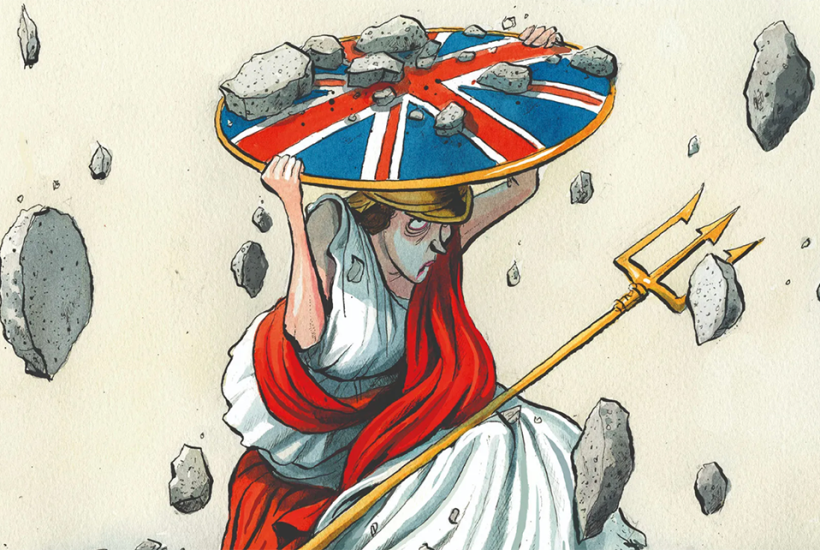
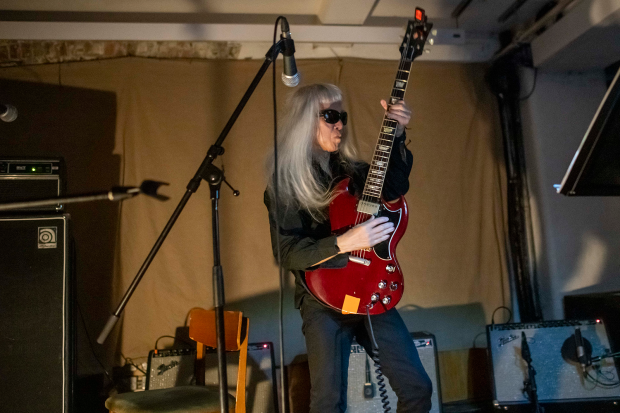

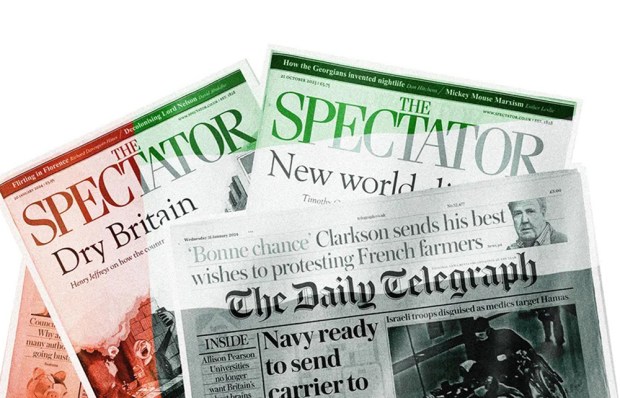
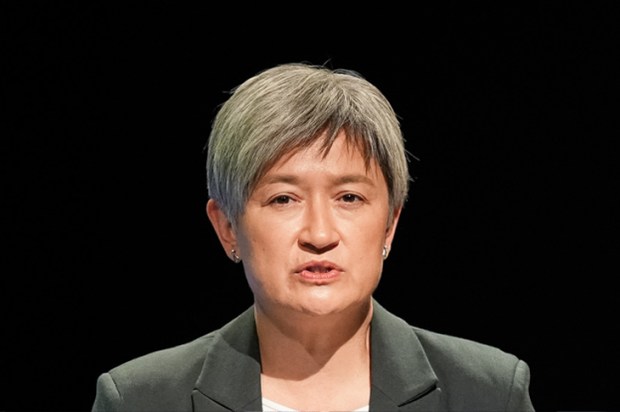
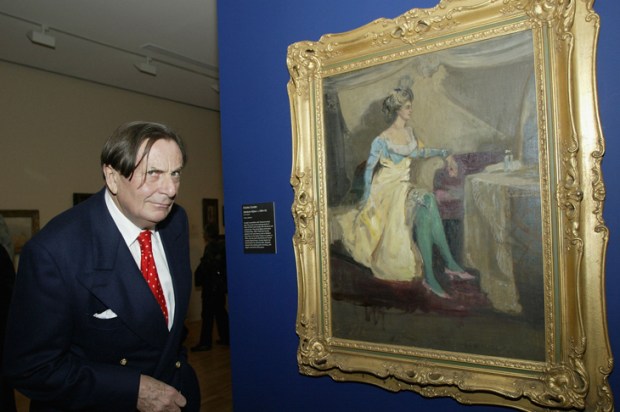
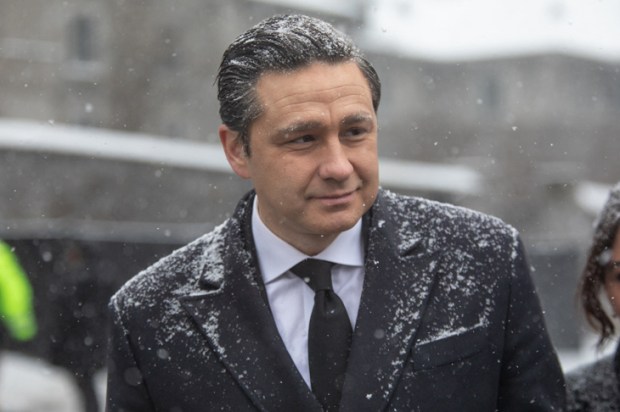






Comments
Don't miss out
Join the conversation with other Spectator Australia readers. Subscribe to leave a comment.
SUBSCRIBEAlready a subscriber? Log in